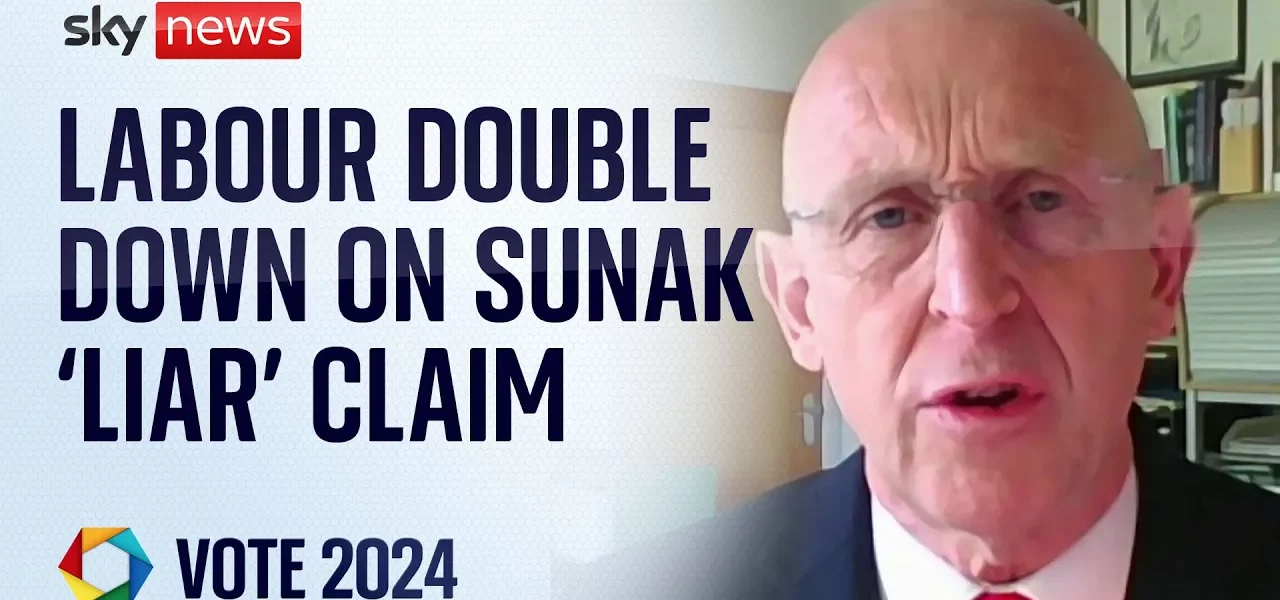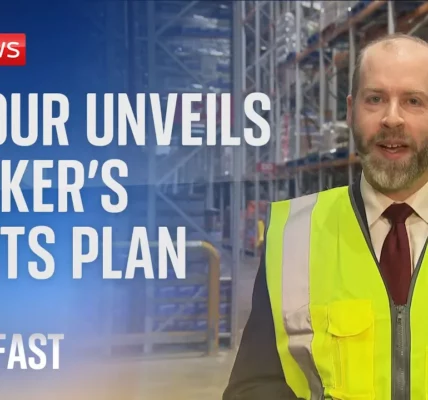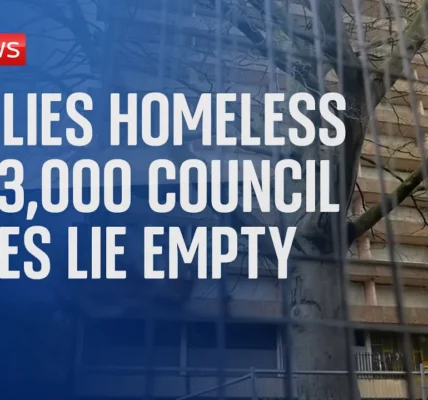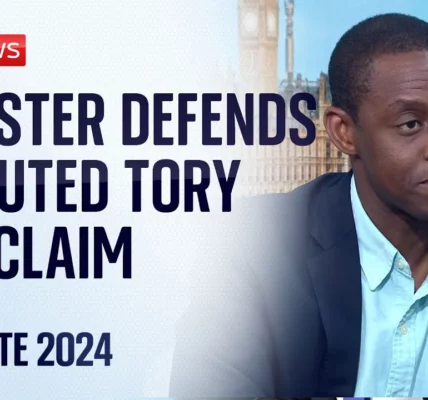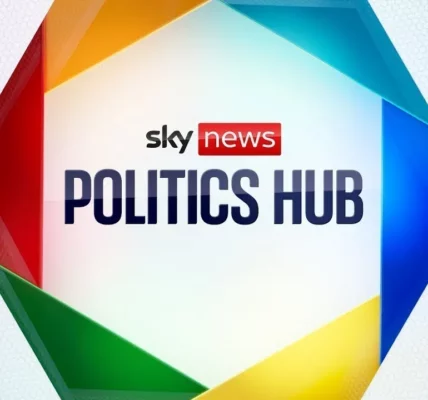Political Commentary on UK Taxation and Government Trust

This article provides a comprehensive analysis of the political discourse surrounding taxation, trust in government, and the implications for working people in the UK, as discussed in a recent interview involving key political figures.
Introduction
The political landscape in the UK has been increasingly turbulent with discussions surrounding taxation and government integrity taking center stage. Recent statements from Mel Stride and other political leaders highlight the ongoing debate about the truthfulness of government claims and the impact on the cost of living for working-class citizens. This article delves into these themes, exploring the implications of taxation policies and the perceived trust deficit within the government.
The Trust Deficit in Government
The notion of trust in government has significantly deteriorated over the years, particularly under the leadership of Prime Minister Rishi Sunak. Critics argue that his administration has been less than transparent, leading to a growing skepticism among the electorate. Key issues include:
- Inconsistent Messaging: Statements regarding NHS waiting times and tax burdens have been perceived as misleading.
- Cost of Living Crisis: With the highest tax burden in 70 years, citizens are feeling the pressure of increased living costs.
- Desperate Measures: As the election approaches, there are concerns that the ruling party is resorting to desperate tactics to maintain power.
The Labour Party’s Position on Taxation
The Labour Party, in response to the current government’s policies, has made clear pledges regarding taxation. These commitments are aimed at restoring trust and providing relief to working-class citizens. Key points include:
Commitment to No Tax Increases
Labour has made a strong promise not to raise taxes on working people. This includes:
- No increase in income tax.
- No rise in Value Added Tax (VAT).
- No increase in National Insurance contributions.
Funding Through Windfall Taxes
To fund initiatives such as a publicly-owned energy company, Labour plans to impose a windfall tax on the profits of oil and gas companies. This approach is intended to minimize the financial burden on working individuals.
Addressing Concerns Over Unearned Income Taxation
During discussions, concerns were raised about potential tax increases on unearned income, such as dividends and interest. Labour leaders reassured the public that:
- No current plans to increase taxes on unearned income.
- Existing commitments focus on taxing wealthier individuals and large corporations rather than working families.
This strategy aims to ensure that the burden of taxation does not disproportionately affect those who are already struggling to make ends meet.
Responses to Allegations of Racism within the Labour Party
Another significant topic of discussion is the allegation of a hierarchy of racism within the Labour Party, as presented by former candidate Fiza Shaheen. The party leadership has responded by emphasizing:
- The establishment of an independent process for handling allegations.
- A commitment to anti-racism and inclusivity within the party.
- The importance of transparency and due process in candidate selection.
These measures are part of a broader effort to rebuild trust and integrity within the party and among its constituents.
Conclusion
The ongoing discussions surrounding taxation and government trust present critical challenges for both the ruling party and opposition. The Labour Party’s commitment to not raising taxes on working people while ensuring accountability through independent processes seeks to address the pressing concerns of the electorate. As the election approaches, the focus remains on restoring trust and providing clear, actionable plans to improve the lives of all citizens. We encourage readers to stay informed and involved in these pivotal discussions that will shape the future of the UK.
“`
